Lifelong learning motivates us to obtain useful knowledge and abilities.
Photo: Bigstock.
The term lifelong learning refers to the education a person gets outside the traditional instances of schooling. It comprehends all the learning activities in someone’s educational journey. It distinguishes itself from formal school education in the aspect that it is entirely voluntary and elective. Its essential purpose is to improve knowledge, as well as personal, technical, social and employability competencies.
There are a variety of lifelong learning categories depending on the source and how rigorous they are. Still, most of them can be organized into six main groups.
1. Formal
The formal branch of lifelong learning usually has programs with a pre-set schedule and consistent monitoring from teachers and peers; it is also commonly imparted offline. Is not available all the time, but in the times and schedules decided by the school or institution that provides the courses. Some examples of this type of lifelong learning subcategory can be college courses, seminars or specializations.
2. Self-Directed
It happens when the students have control over the direction and pace of their learning. Students choose when, how, and how fast they want to cover the contents of any given subject. Online courses without a pre-set schedule, MOOCs, workshops, and tutorials by schools or certified professionals are good examples of self-directed lifelong learning.
3. Professional
One of the most common lifelong learning subcategories happens during working hours. The job we do trains us in different abilities and help us acquire knowledge associated with our line of work.
This is the type of lifelong learning with easier access, since it happens while we work, without even being aware of it. Nonetheless, big companies have researched the benefits of lifelong learning and are making an active effort to make sure their employees get it. Microsoft and Google let their workers use 20 % of their weekly time to pursue projects not necessarily linked to their specific role in the company.
4. Personal
Personal lifelong learning is that we do outside educational institutions and the office. It is usually linked to a personal interest or hobby that the person wants to dedicate time to, rather than something they need to learn. People who choose this kind of learning can seek a formal or informal path to fulfill it, as they see fit.
5. Indirect
It generates from human experience; indirect lifelong learning is triggered by casual situations like conversations, debates, personal relations, traveling and other activities we do in our daily life. It falls entirely into de informal spectrum, but the skills and knowledge provided are beneficial to build up non-traditional competencies.
6. Informal
This type of lifelong learning happens when and how the learner wishes to. The students have full control over the contents and the educational process. Informal lifelong learning could include peer mentorship, YouTube tutorials, or trial and error, for example. Informal lifelong learning opens up to infinite possibilities since it’s about learning what you want when you want it, and how you want it.
Lifelong learning, in general, it’s about going beyond the traditional educational pathways and search for ways of betterment in our jobs and daily life. It helps us not only to do our jobs better and stay competitive in the workforce but to keep our capacity to develop skills and a healthy mind ready and eager for the next challenge.
This article from Observatory of the Institute for the Future of Education may be shared under the terms of the license CC BY-NC-SA 4.0 
)
)
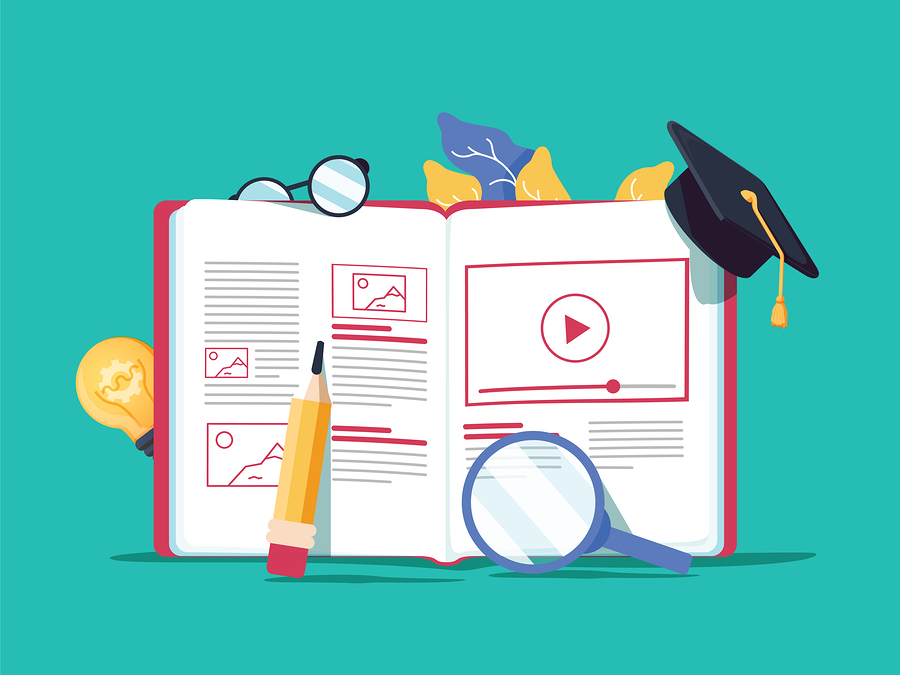
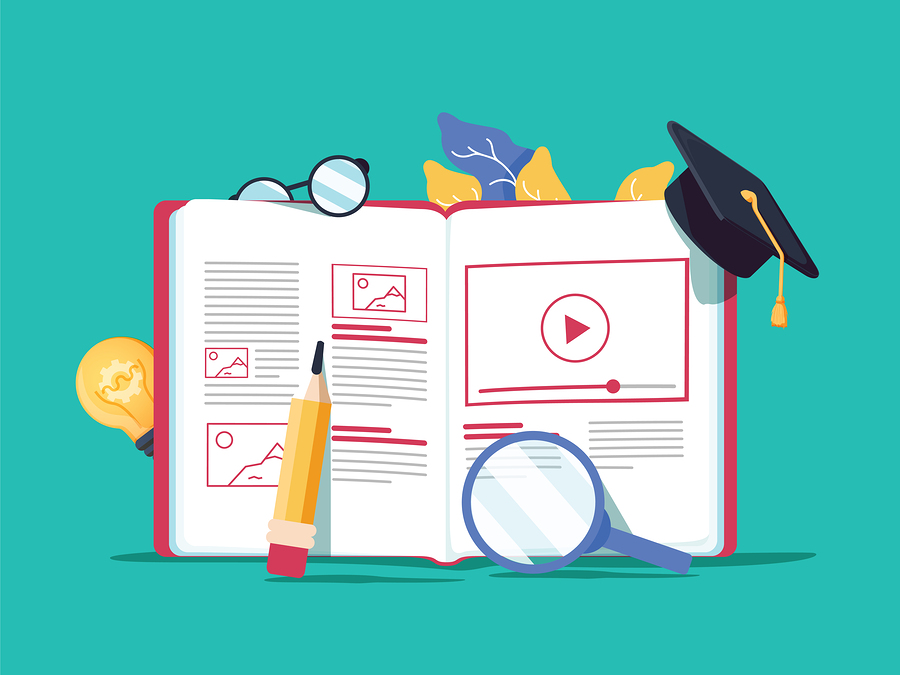



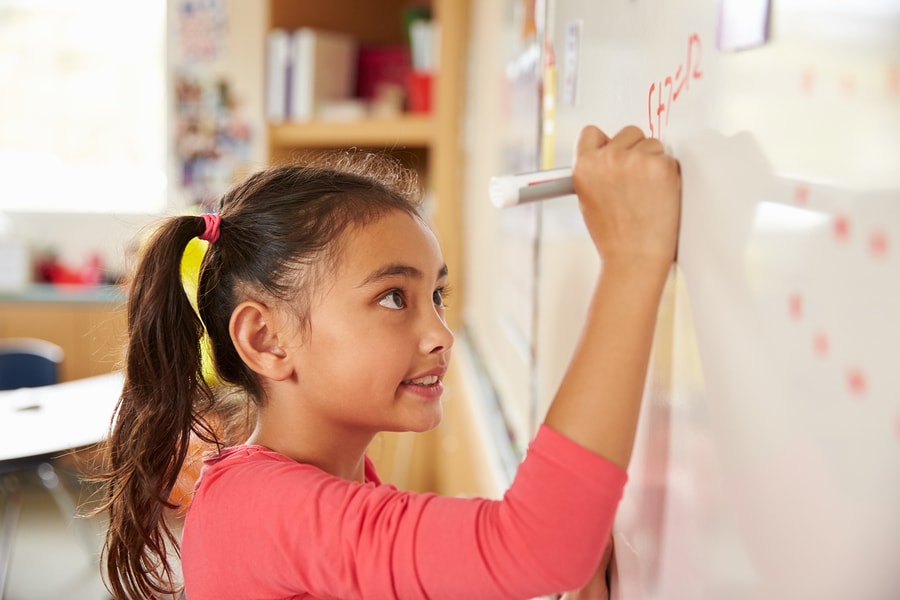
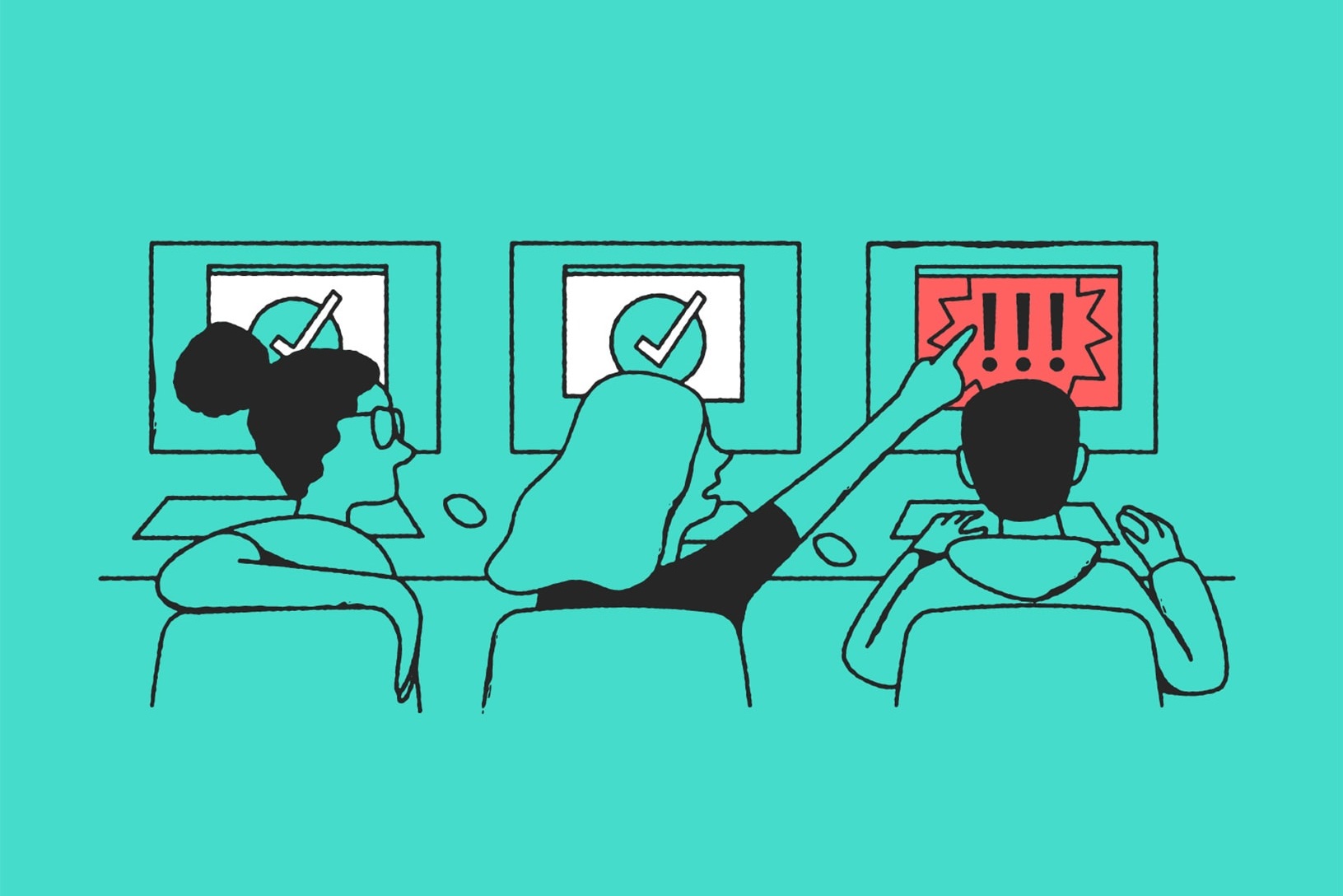
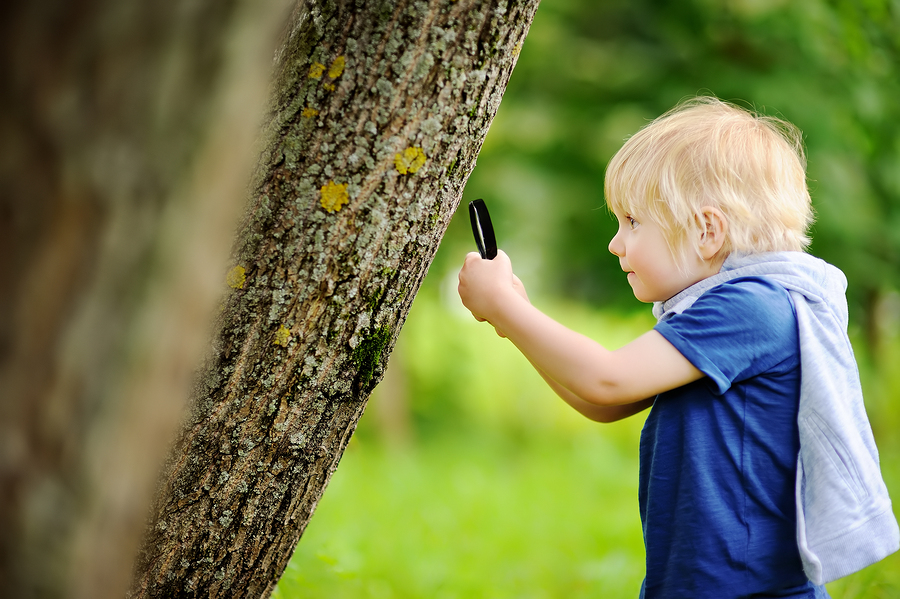



)
Paulette Delgado
Paulette Delgado
Paulette Delgado